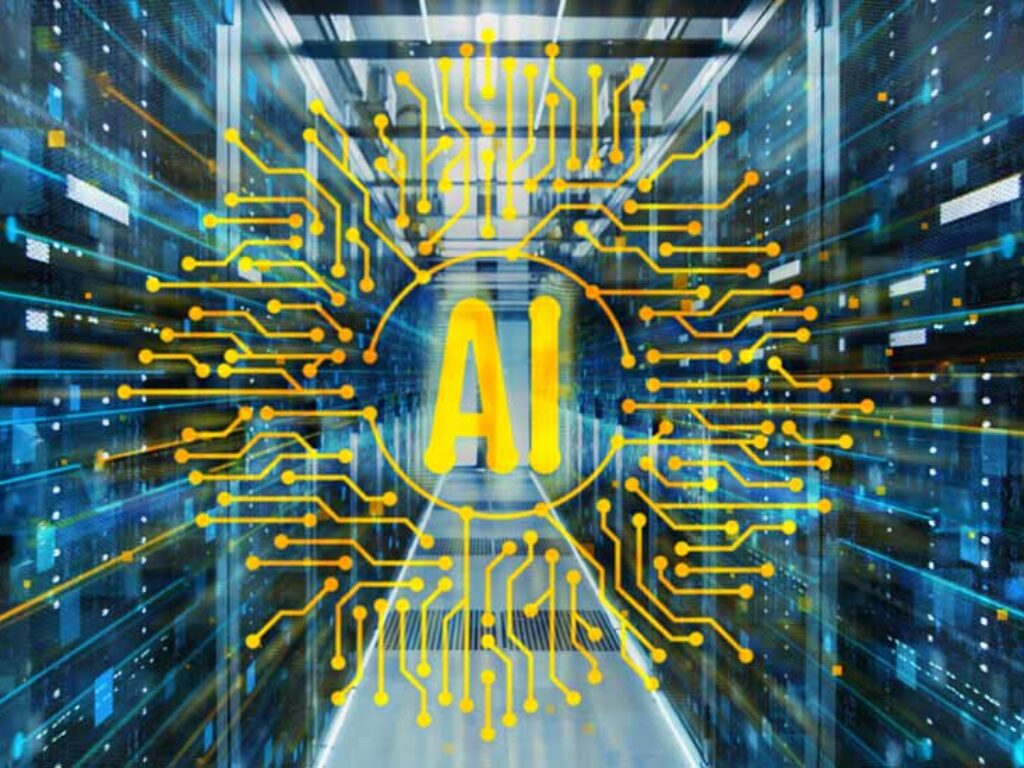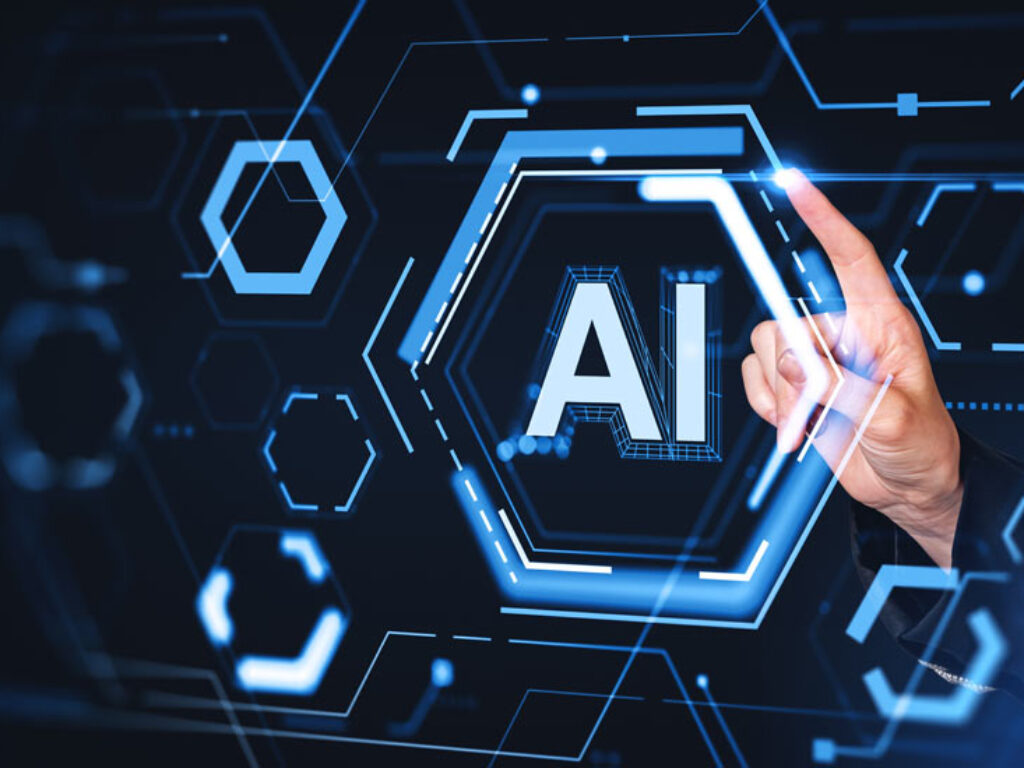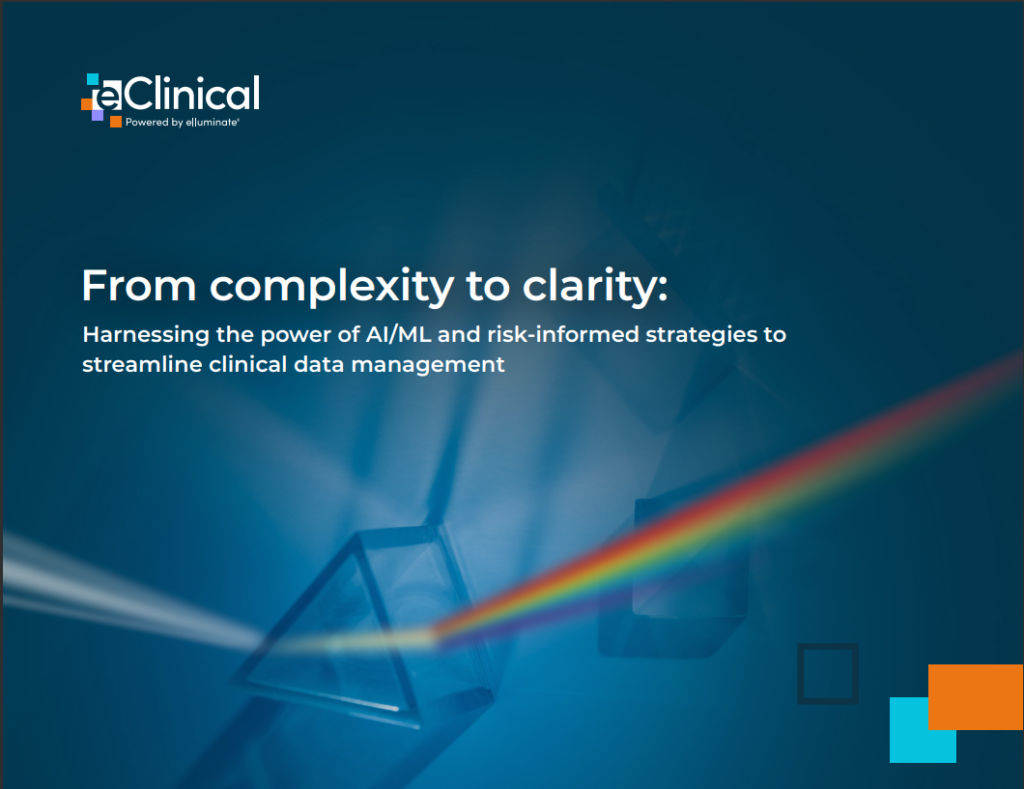In this contributed article, Jianping (JP) Jiang, VP of Business, Operation and Product at Xconn Technologies, discusses how the integration of CXL technology is a pivotal moment in overcoming the memory barriers faced by AI and HPC applications. By significantly enhancing memory bandwidth, capacity, and interoperability, CXL not only optimizes current workloads but also sets the stage for future advancements.
Transforming AI’s Memory Constraints: The Evolution with CXL Technology
HPC/AI User Forum Event September 4-5 at Argonne National Laboratory, Lemont, Illinois Features Real-World Uses of AI in Industry, Science & Energy
The HPC User Forum, established in 1999 to promote the health of the global HPC industry and address issues of common concern to users, has opened registration for its upcoming meeting, September 4-5, 2024, at Argonne National Laboratory in Lemont, Illinois.
HPC News Bytes 20240715: AI Maturity ROI, OpenAI’s 5 Levels of AI, SoftBank Acquires Graphcore
Much has happened of late in the world of HPC-AI, here’s a quick (5:55) run through of the news, including: survey commissioned by Vultr points to AI maturity ROI, OpenAI proposes five levels of AI based on capability, SoftBank ….
Women in Networking at SC24: SCinet Chair Angie Asmus
The Women in Networking at SC, or WINS, program was created to celebrate and expand the opportunities for early- to mid-career women to participate in advancing technology through SCinet, the world’s fastest, most powerful temporary computer network. SCinet is constructed and deconstructed on location annually for the SC conference.
SC24: Technical Program Leaders Discuss Their Role and Scientific Vision
Science lies at the heart of the annual Supercomputing conference, and the Technical Program is one of the most important and challenging aspects of the conference. To learn more about what this program does, as well as the scientific vision that drives every decision within the program, here’s an interview with SC24 Technical Program Chair Guillaume Pallez (Inria) and Vice Chair Judith Hill (LLNL).
Aurora Supercomputer Ranks Fastest for AI
At ISC High Performance 2024, Intel announced in collaboration with Argonne National Laboratory and Hewlett Packard Enterprise (HPE) that the Aurora supercomputer has broken the exascale barrier at 1.012 exaflops and is the fastest AI system in the world dedicated to AI for open science, achieving 10.6 AI exaflops. Intel will also detail the crucial role of open ecosystems in driving AI-accelerated high performance computing (HPC).
The Infrastructure behind the Outputs: Cloud and HPC Unlock the Power of AI
In this contributed article, Philip Pokorny, Chief Technology Officer for Intelligent Platform Solutions/Penguin Solutions at SGH, provides insights regarding the relationship between high-performance computing (HPC) and generative AI and his expert point-of-view of the growing market. The increasing momentum behind generative AI in recent months has raised the prospective capabilities of enterprise businesses. At the forefront of this technology will be those that leverage HPC to create their solutions.
Life is Fleeting, But Data is Forever – Meet your Digital Twin
[SPONSORED POST] With the transformation of medicine from analog to digital, plus the rise of new data-generating devices for health tracking and genomic information, we can look forward to a new world in which virtually every aspect of a patient’s medical history can be communicated, stored, and manipulated. For each patient, this huge body of data represents a sort of digital twin, a treasure trove of useful medical information and insights that could become invaluable in developing patient treatments in the future.
NVIDIA Supercharges Hopper, the World’s Leading AI Computing Platform
NVIDIA today announced it has supercharged the world’s leading AI computing platform with the introduction of the NVIDIA HGX™ H200. Based on NVIDIA Hopper™ architecture, the platform features the NVIDIA H200 Tensor Core GPU with advanced memory to handle massive amounts of data for generative AI and high performance computing workloads.
Revolutionizing Bioscience Research: Creating an Atlas of the Human Body
Making healthcare and life science (HCLS) discoveries is time-consuming and requires considerable amounts of data. HPC enterprise infrastructure with AI and edge to cloud capabilities is required for biomedical research to make creating a human atlas of the body possible. The HPE, NVIDIA and Flywheel collaboration using the latest technologies designed for HCLS promise to transform biomedical research.











